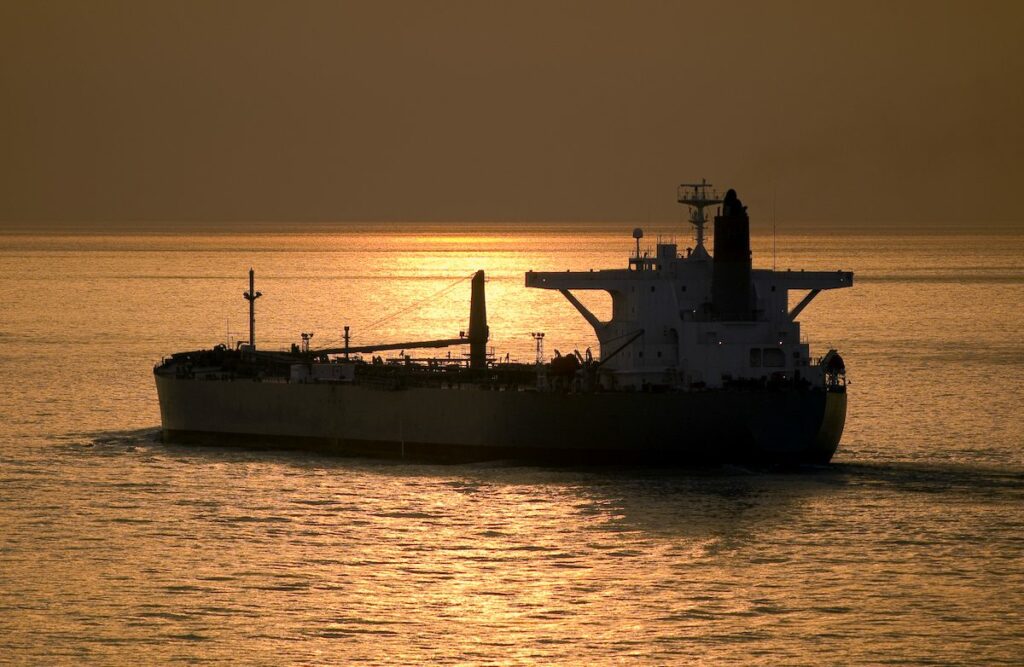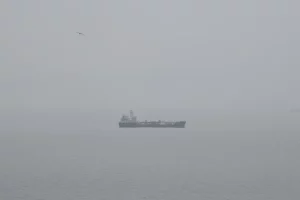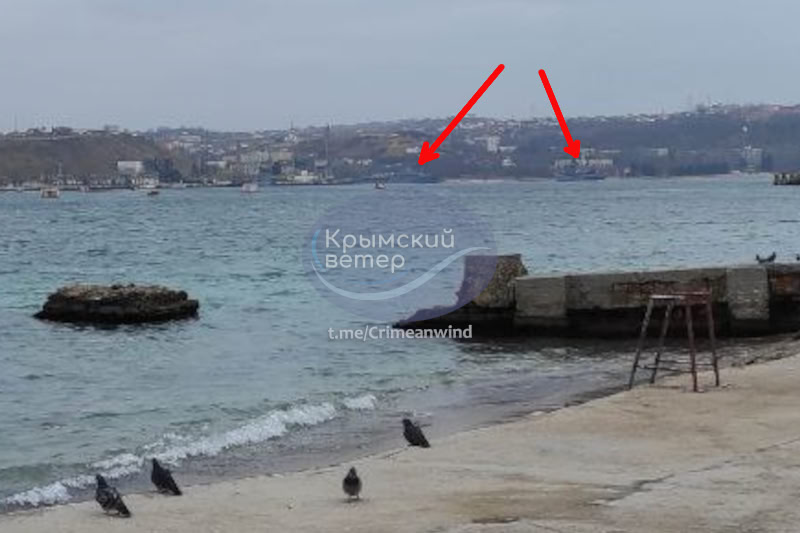In March, exports of marine oil from the Russian Federation increased by 5.2%

Compared to February 2025, Russian oil exports by sea increased by 5.2%. This also indicates that Western sanctions on tankers have not worked.
This was reported by the head of the Monitoring Group of the Institute of Black Sea Strategic Studies, Andriy Klymenko.
The expert noted that according to Western researchers, in February 2025, 356 vessels exported Russian crude oil and petroleum products. While the Monitoring Group recorded and tracked 478 tankers.
“However, our assessment of the trends in February compared to January 2025 coincides (in percentage terms) – a decrease of 9%. Western colleagues made a triumphant conclusion that this is the impact of sanctions (USA, EU, Great Britain and Canada). We were extremely skeptical about this “influence” from the very beginning, because the sanctions model does not prevent the Russians from transporting oil from the Baltic Sea or from the ports of the Arctic to India or China or Turkey,” Andriy Klymenko explained.
The expert emphasized that the decrease in exports in February was due to attacks by the Armed Forces of Ukraine’s Unmanned Systems Forces (at least 8 UAV attacks in January-February 2025 on the port of Ust-Luga and the facilities of the Baltic Pipeline System).
“Already in March 2025, the decrease turned into an increase, by 5.2% in all seas in general. This means that the sanctions on tankers did not work. That is, the huge volume of sanctioned tankers (about 400) did not create a shortage of vessels in the tanker transportation market from the Russian Federation. The UAVs worked,” Andriy Klymenko noted.
He also emphasized that the goal should be formulated as follows – to reduce Russian revenues from seaborne oil exports by at least 50%.
As previously reported by USM, the War&Sanctions portal published new data on the captains of the Russian “shadow fleet” and the offending vessels.





